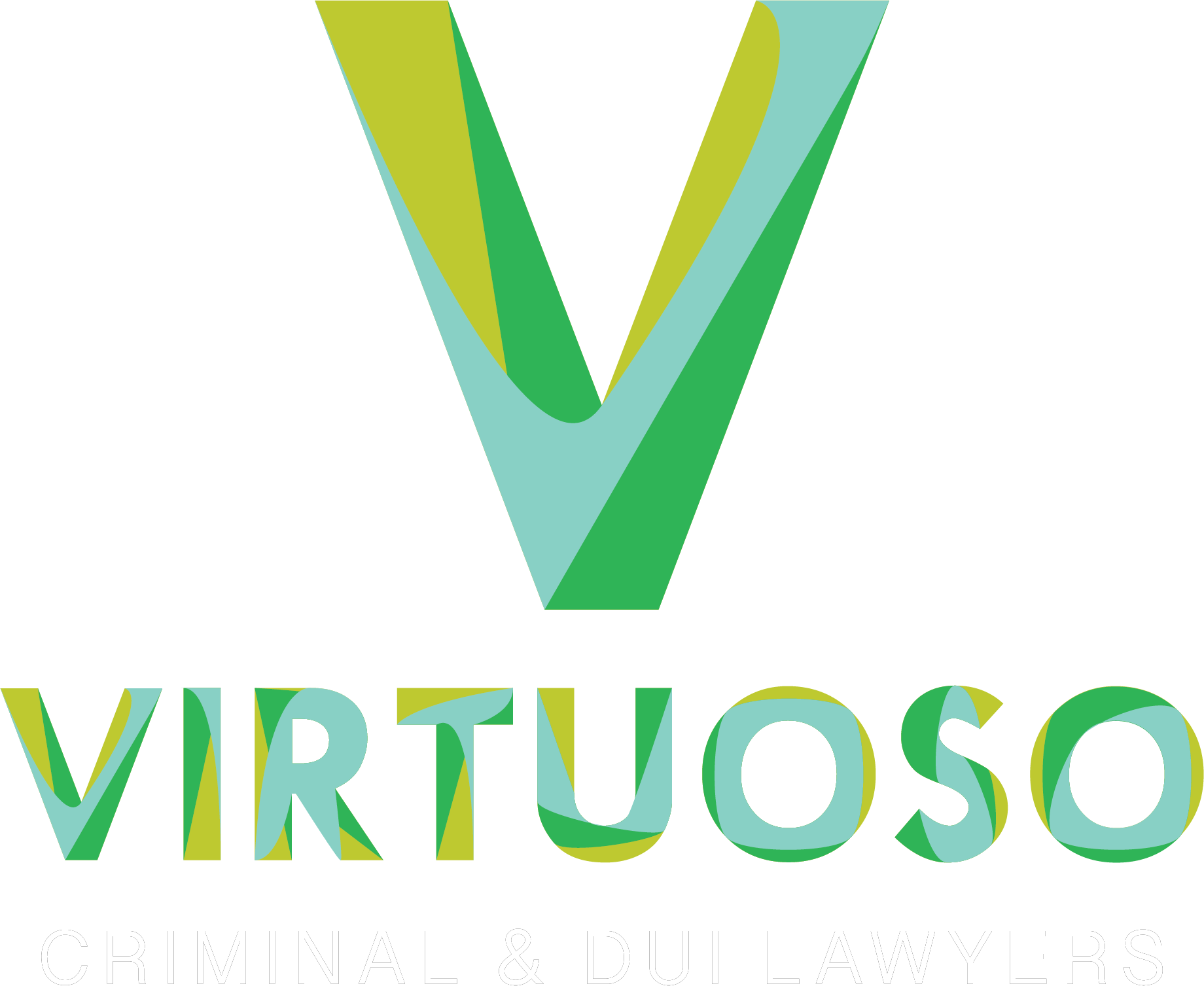California Assault Defense Attorneys. Yes, that Means All Types of Assault-Cases.
Skilled Advocacy for Your Legal Protection.
What counts as Assault in California?
The word “assault” as a legal term can cause some confusion because different jurisdictions might use it in different ways to describe different things. For example, some jurisdictions might use “battery” to describe a physical attack on someone and “assault” to describe threatening conduct that does not necessarily amount to physical touching.
This might be why we sometimes hear of “assault and battery” used together, especially in legal or law enforcement-themed TV and movies. Still, some jurisdictions might use “assault” to describe physical attacks that would count as “battery” in other places. In California, the state Penal Code defines “assault” for the purposes of criminal cases here.

Convicted of Assault
Section 240 of the Penal Code (“PC 240”) sets out the elements of Assault under California law. To prove someone guilty of Assault, the prosecution has to prove beyond a reasonable doubt that:
- 1-The defendant unlawfully committed an act which tends to probably and directly result in the application of force to another person,
AND
- 2-The defendant did, in fact, have the ability to inflict a violent injury on another person.
This means that...
at a jury trial, if the jury hears all of the evidence and has any reasonable doubt that the defendant committed an unlawful act, AND that the act tended to inflict force on another person, AND that the defendant had any ability to cause injury to anyone, then the defendant would be found “not guilty” on the charge of assault.
Application of force does not have to be “skin-on-skin.” A person can apply force to another person, or threaten it, by shooting a gun or hurling a rock towards the victim.
Notice that injury to another person is not an element of Assault under PC 240; the prosecution does not have to prove that the defendant caused any physical harm or injury to another person. So long as the defendant did something that, by its nature, would tend to inflict force on another person, and the defendant did, in fact, have the power to do so at the time, then he would be guilty of assault. A defendant who throws several punches at someone’s face, but misses each time, is probably guilty of assault.
Finally, note that the prosecution does not need to prove that the defendant planned or intended to hurt anyone in an assault case. All the prosecution needs to prove is that the defendant intended some action, and that action itself naturally tended to apply force to another person.


Defenses to an Assault Charge in California.
Possible Sentences and Jail Time for Assault in California.
Assault, in its most basic form, is a misdemeanor in California and is punishable by a period of 0-180 days in jail. However, Section 241 of the Penal Code (“PC 241”) defines other, more serious forms of assault against some types of public servants, professionals, and jurors. Even as misdemeanors, these types of assault can be punished by a period of 0 days-1 year in prison.
Assault against some types of law enforcement officers is a felony and is punishable by a period of 16 months, 2 years, or 3 years in prison. However, these more serious penalties do not apply if the defendant had no reason to know that the victim was any one of these types of public servants.
Crimes Related to Assault and Battery
The word “assault” as a legal term can cause some confusion because different jurisdictions might use it in different ways to describe different things.
Clips of Counsel: Watch and Learn
“Daniel Vaswani, lead attorney at Virtuoso Criminal and DUI Lawyers, explains the complicated process of a DUI arrest and the importance of hiring the right lawyer.”
“Attorney Joe McPeak from Virtuoso Criminal and DUI Lawyers discusses important defense strategies for domestic violence cases.”
“Discover how speaking with an attorney just days before your court date can dramatically impact your chances of release.“
We are Available




